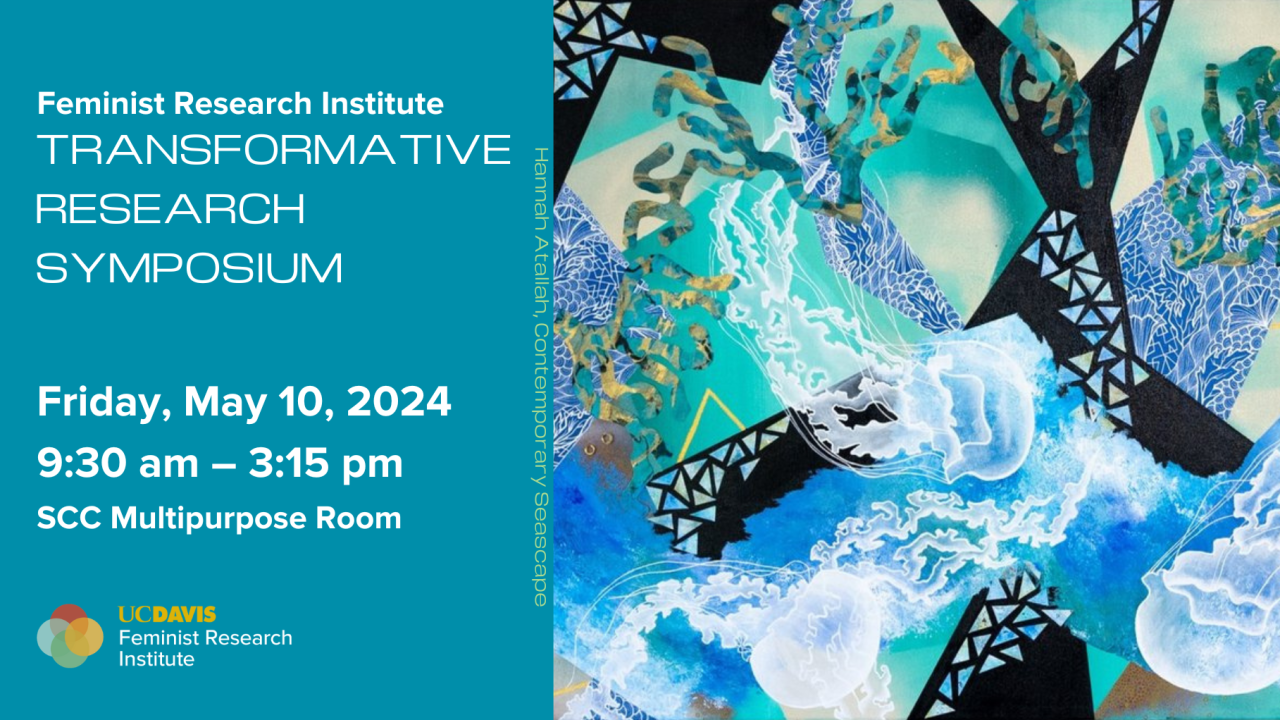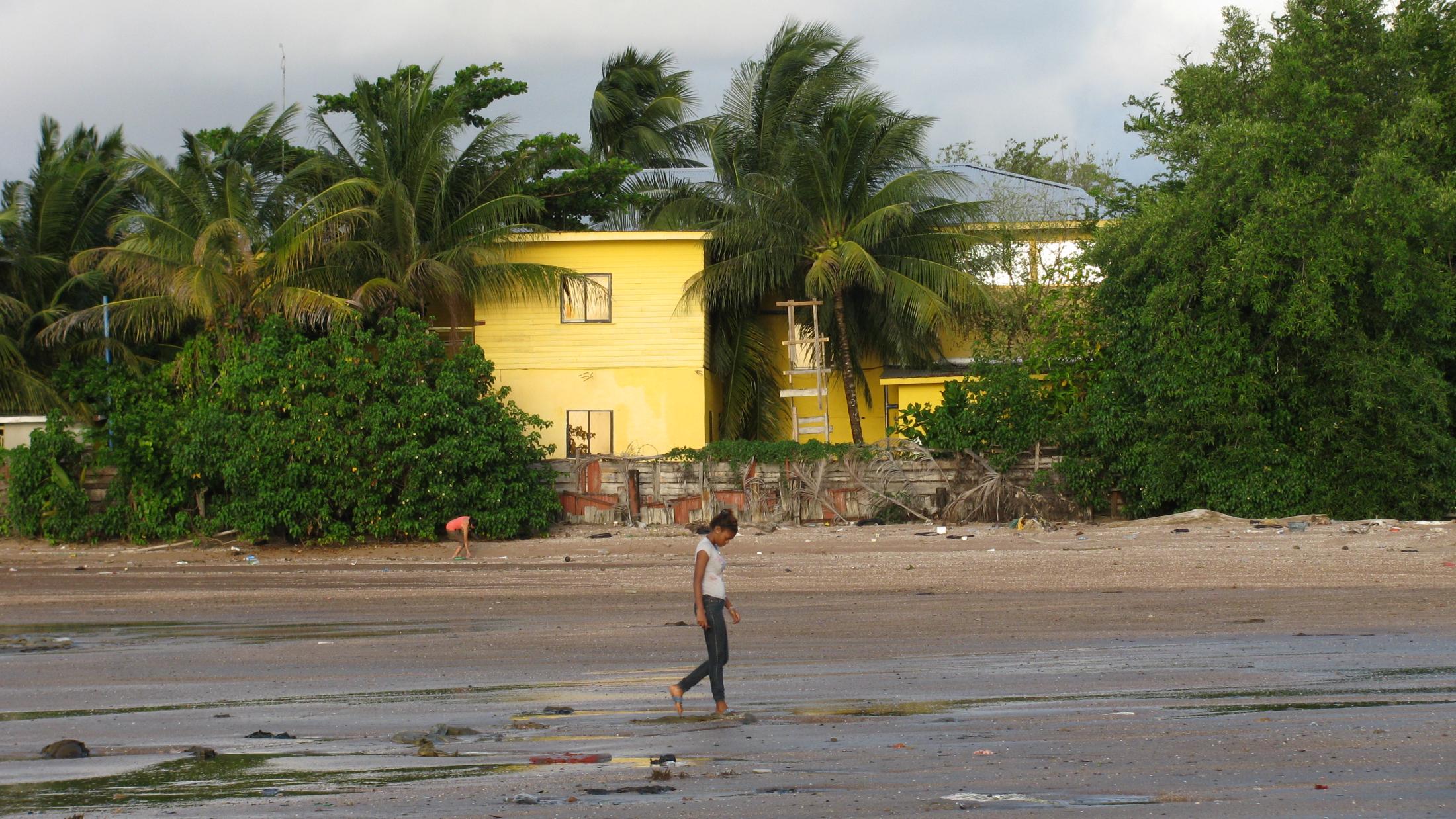
Event Date
Save the date to learn about the latest research projects happening at the Feminist Research Institute!
9:30 am Registration and Coffee
10:00 am Welcome
10:15 am Session: Transforming Climate Science
- Julian Haddad (Political Science and FRI) and Tara Pozzi (Ecology) - Asking Different Questions in Climate Science
- Lydiah Maranga (Feed the Future Innovation Lab), and Kristen Becker (International Agricultural Development) - How locally led approaches have led to increases in women leadership roles globally
- Harlin Steele (Cultural Studies) - Feminist Critiques of Ecological Data and Models
11:30 am Lunch
12:10 pm Keynote: Erosion by Design: Innovation and Credibility in the Engineering Arenas of Climate Adaptation (see abstract below)
Sarah Vaughn, UC Berkeley professor of Anthropology.
1:15 pm Session: Community - University Relationships
- MV Eitzel, PhD (Researcher at FRI and Center for Community Science) - Emancipatory approaches to participatory modeling and data science
- S. Coco Herda (Community Development and FRI) - Lessons Learned from Equity Analysis in Research Contracting for California State Agencies
- Ahna Ballanoff Suleiman, Brandon Louie, Khadijah Abdulmateen, Katherine Menendez, and Selena Regalado (Center for Regional Change) - Respect your elders: The challenge of disrupting adultism in equitable and inclusive research paradigms
2:15 pm Discussion of FRI's Strategic Plan
3:15 pm End
KEYNOTE
Erosion by Design: Innovation and Credibility in the Engineering Arenas of Climate Adaptation
Abstract: This talk explores the intersecting socio-material and ethical demands that engineers confront in adapting sea defenses to climate change in Guyana. It focuses on the tensions in climate adaptation that create the possibilities for theorizing innovation as a key theme of counter-modernities in the Anthropocene. Drawing on ethnographic fieldwork, oral histories, and archival research, I show that engineers’ decision-making regarding whether to innovate sea defenses is a fraught process dependent upon processes of erosion and the ontological (in)stability of specific infrastructures known as groynes. Their dilemmas remind us that issues of innovation can create paralysis and haunt even the most elite spaces of climate adaptation. By this I mean that experts in climate adaptation arenas have the desire to create all kinds of affective attachments with people, things, places, and environments. Throughout this talk I focus on their desire for a different, perhaps a more hospitable kind of world—shaped by their efforts to demonstrate their credibility to others and aspirations for climate justice.
Bio: Sarah E. Vaughn is an Associate Professor of Anthropology at the University of California, Berkeley. Her research and writing have contributed to understandings of climate adaptation across the circum-Caribbean, particularly among experts in coastal Guyana and Bermuda. Working at the intersection of environmental anthropology, critical social theory, and science and technology studies, Vaughn’s research agenda is invested in examining how technology mediates people’s experiences of climate change. Her writing has appeared in numerous academic journals as well as in literary and environmental magazines, and she is the author of the award-winning book Engineering Vulnerability: In Pursuit of Climate Adaptation (Duke, 2022).
